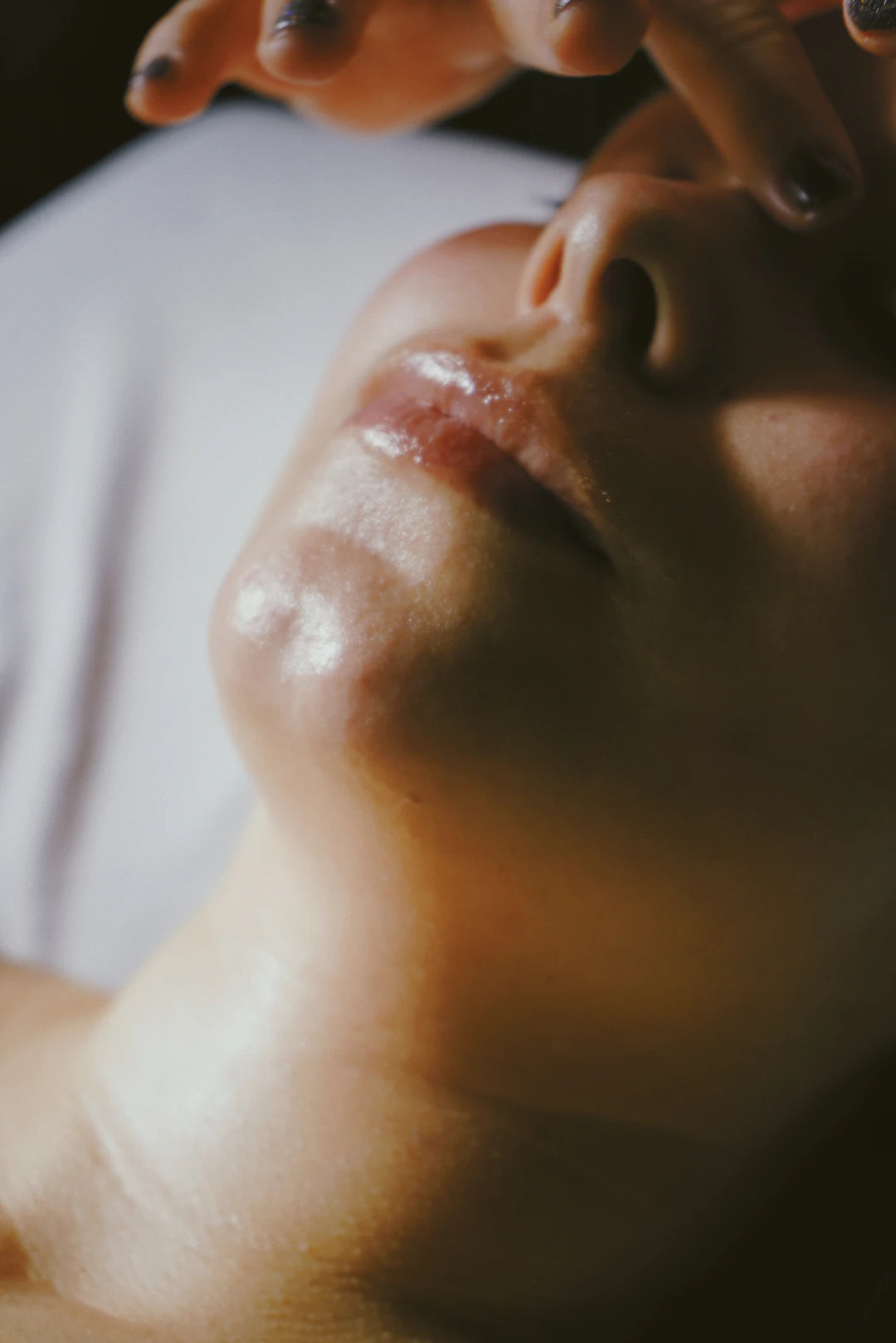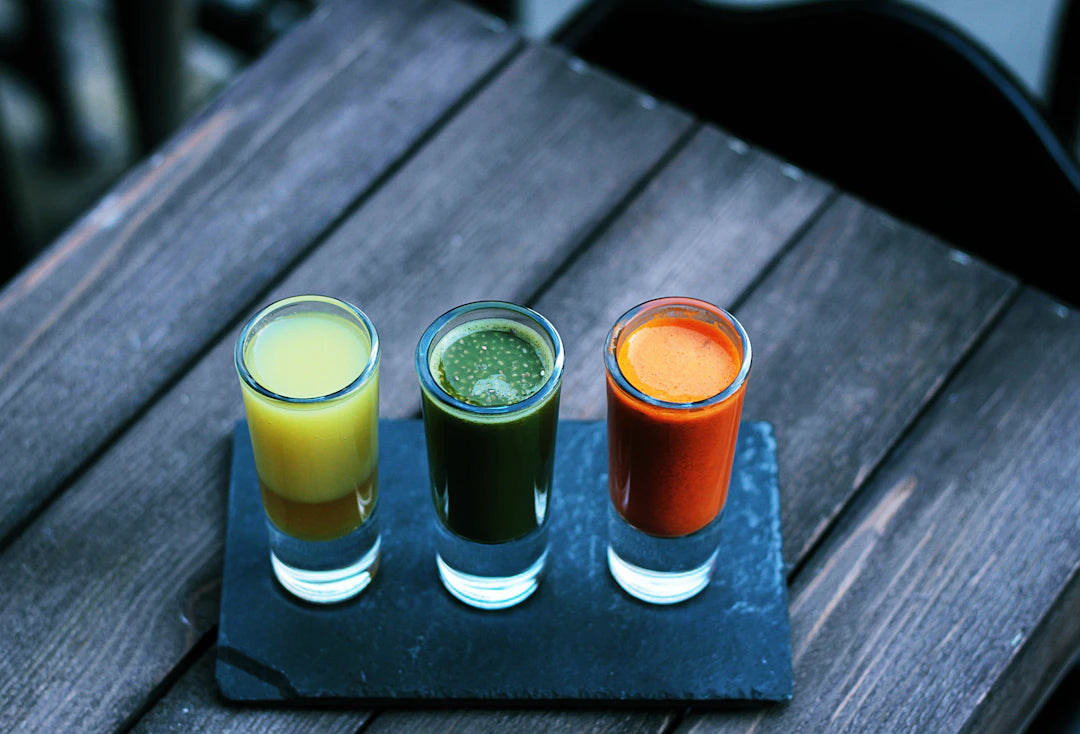De-Stress Your Skin: Combatting Stress Effects

Frequently Asked Questions
1. How does stress affect my skin?
2. What are some effective strategies to combat stress-induced skin issues?
3. Why is a dedicated skin care routine important for managing stress effects on the skin?
4. What role do anti-oxidant serums play in skin health?
5. When should I seek professional help for stress-related skin issues?
Stress is an inevitable part of life. However, its impacts often extend beyond the mind and body, reaching your skin in ways you might not expect. From dullness to breakouts, managing stress effectively is crucial for maintaining healthy skin. In this article, we will delve into how stress affects your skin and unveil strategies to combat its detrimental effects, including the importance of a dedicated skin care routine and the incorporation of powerful anti-oxidant serums.
Understanding the Stress-Skin Connection
Stress triggers the release of cortisol, a hormone that, while essential for survival in small doses, can wreak havoc on your skin in excess. Understanding this connection is the first step in combatting skin issues related to stress. Let’s explore how this powerful hormone influences various skin conditions.
Dull Complexion
When stressed, your skin may lose its natural glow. Cortisol can slow down the regenerative processes of skin cells, leading to a lackluster appearance. Additionally, stress often leads to lifestyle changes like poor diet and inadequate sleep, which further contribute to a dull complexion.
Increased Breakouts
Stress can trigger or exacerbate acne. Under stress, the body produces more oil, which can lead to clogged pores and subsequently, breakouts. Moreover, behaviors such as touching your face or neglecting your skin care routine during stressful times can worsen acne conditions.
Skin Rashes and Irritations
For those suffering from skin conditions like eczema or psoriasis, stress can bring about flare-ups. The skin often reflects internal states, meaning when your body is under stress, your skin may react with inflammation and irritation.
Strategies to Combat Stress-Induced Skin Issues
The good news is that there are effective strategies to manage stress and its impact on your skin. From lifestyle adjustments to targeted skin care routines, you can regain control over your skin’s health. Here are some tips to introduce into your daily life:
Establish a Relaxation Routine
Incorporating relaxation techniques into your daily schedule is essential. Practices such as meditation, yoga, and deep-breathing exercises can significantly lower stress levels. Engaging in these activities not only promotes mental health but also enhances skin health by reducing stress-related hormone fluctuations.
Nourish from Within
Your diet plays a crucial role in both managing stress and maintaining healthy skin. Focus on foods rich in omega-3 fatty acids, antioxidants, and vitamins A, C, and E. These nutrients may help reduce inflammation and improve overall skin appearance. A balanced diet can bolster your skin care routine, enabling your skin to combat external aggressors effectively.
Prioritize Sleep
Adequate sleep is vital for stress management and skin renewal. While you sleep, your body goes into repair mode, creating new skin cells and flushing out toxins. Aim for at least 7-8 hours of quality sleep per night. Establishing a nighttime routine that promotes relaxation can help signal your body that it’s time to wind down.
Hydrate and Moisturize
Keeping your skin hydrated is crucial to its health, especially when stressed. Drink plenty of water throughout the day to keep your skin hydrated from the inside out. Alongside this, a regular application of a nourishing moisturizer will create a protective barrier, helping your skin retain moisture. This is where an anti-oxidant serum may come into play, offering additional protection against oxidative stress caused by environmental factors.
Revisit Your Skin Care Routine
Keeping a consistent skin care routine is paramount when dealing with stress-related skin issues. Consider using gentle, calming products that are free from irritants. Incorporate an anti-oxidant serum into your routine; antioxidants help combat free radicals that can damage skin cells, providing a line of defense against stress-induced skin problems.
Limit Caffeine and Alcohol
Caffeine and alcohol can increase cortisol levels and contribute to stress reactions. While they may offer a temporary relief, they can ultimately lead to worsening skin issues. Limiting these substances will not only help you manage stress better but can also lead to improved skin health over time.
The Role of Anti-Oxidant Serums
As mentioned earlier, anti-oxidant serums are a fantastic addition to your skin care regimen to combat stress-related skin issues. These serums can neutralize free radicals, decrease inflammation, and promote skin regeneration. By including this powerful tool in your skin care routine, you can help your skin recover and thrive, even during stressful times.
Selecting the Right Anti-Oxidant Serum
When choosing an anti-oxidant serum, look for ingredients such as vitamin C, vitamin E, and ferulic acid. These antioxidants work synergistically to enhance skin coverage and repair. Incorporating a quality anti-oxidant serum into your morning or evening routine can help protect your skin against the damaging effects of stress while also supporting overall skin health.
Embracing Stress Management Techniques
Alongside your skin care routine, adopting stress management techniques can profoundly affect your skin. Consider activities such as:
- Artistic expression (drawing, painting, crafting)
- Spending time in nature
- Listening to calming music or podcasts
- Joining a support group or talking with a friend
These activities can serve as healthy outlets to cope with stress effectively, allowing your body—and skin—to benefit.
Professional Help and Treatment
If stress continues to take a toll on your skin despite your efforts, consulting with a dermatologist may be a crucial next step. They can offer tailored advice and options ranging from prescription treatments to professional skin care services that address specific concerns.
Brighten Your Skin, Transform Your Mood
Managing stress effectively is more than a mental journey; it's also a pathway to achieving and maintaining healthy skin. By integrating a comprehensive skin care routine that includes a potent anti-oxidant serum, establishing relaxation techniques, maintaining hydration, and nourishing your body with healthy food, you can revitalize your skin and uplift your mood. Remember, your skin is a reflection of your inner health, so tackle stress with every resource available. Embrace these practices and watch as your skin transforms into a radiant testament to your well-being.


